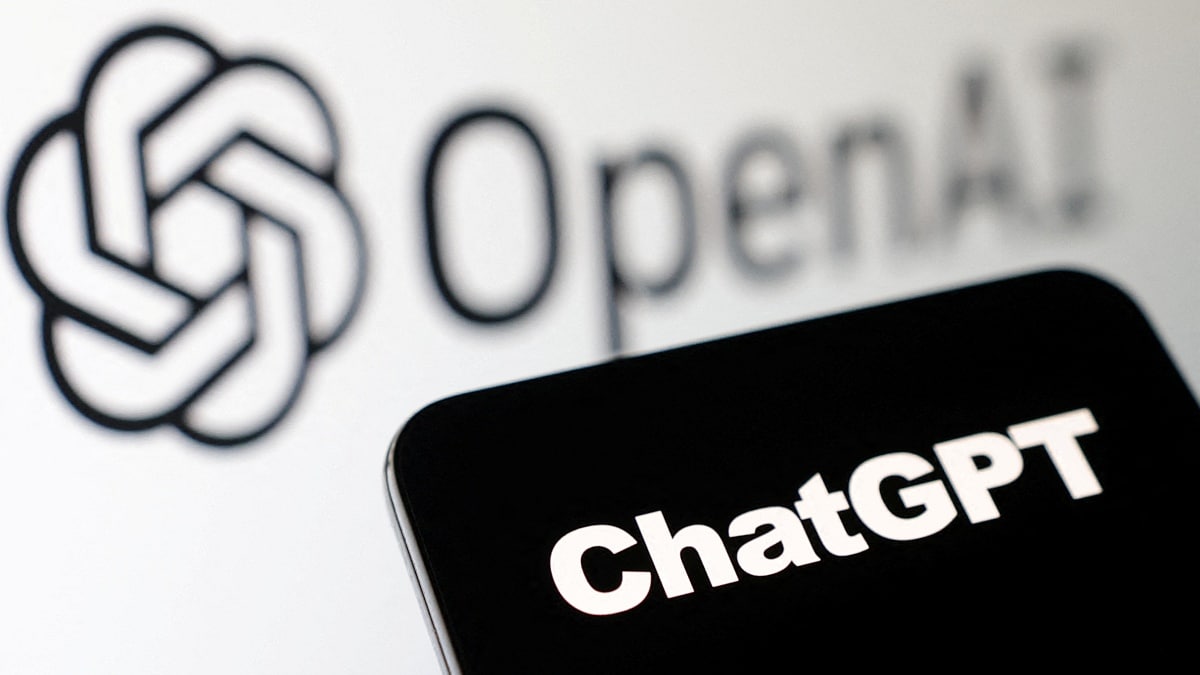OpenAI has launched an online store where people can share customized versions of the company’s popular ChatGPT chatbot, after initially delaying the rollout because of leadership upheaval last year. The new store, which rolled out Wednesday to paid ChatGPT users, will corral the chatbots that users create for a variety of tasks, for example a version of ChatGPT that can teach math to a child or come up with colorful cocktail recipes. The product, called the GPT Store, will include chatbots that users have chosen to share publicly. It will eventually introduce ways for people to make money from their creations — much as they might through the app stores of Apple Inc. or Alphabet Inc.’s Google.
Similar to those app stores, OpenAI’s GPT Store will let users see the most popular and trending chatbots on a leaderboard and search for them by category. In a blog post announcing the rollout, OpenAI said that people have made 3 million custom chatbots thus far, though it was not clear how many were available through its store at launch.
The store’s launch comes as OpenAI works to build out its ecosystem of services and find new sources of revenue. On Wednesday, OpenAI also announced a new paid ChatGPT tier for companies with smaller teams that starts at $25 a month per user. OpenAI first launched a corporate version of ChatGPT with added features and privacy safeguards in August.
People who pay for ChatGPT access — including enterprise customers and ChatGPT Plus subscribers — are eligible to use or make custom GPTs. Initially users won’t be able to profit off their chatbots, OpenAI said. But within the first three months of the year the company will share details on how people can make money from them. The company said in its blog post that people in the US will be paid “based on user engagement” with their chatbots.
OpenAI originally said it planned to introduce the store in late November, but delayed the rollout to this year, citing interruptions caused by the ousting and reinstatement of Chief Executive Officer Sam Altman in November.
The startup will feature new GPTs each week. At the time of its launch, the chatbots it highlighted included one from the company Canva that helps people design logos, flyers and other media, and another that recommends recreational hiking trails.
© 2024 Bloomberg LP
Catch the latest from the Consumer Electronics Show on Gadgets 360, at our CES 2024 hub.
Check out our Latest News and Follow us at Facebook
Original Source

